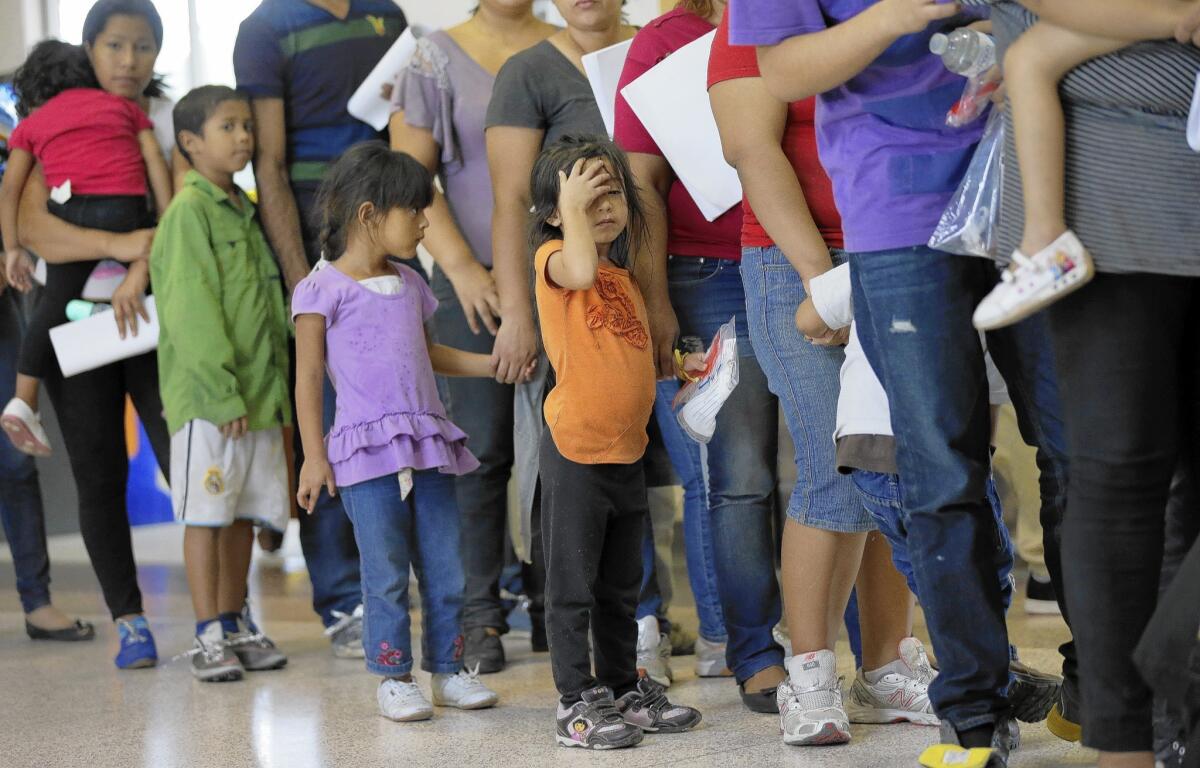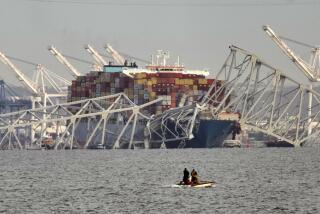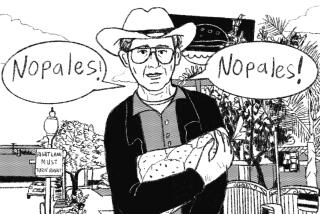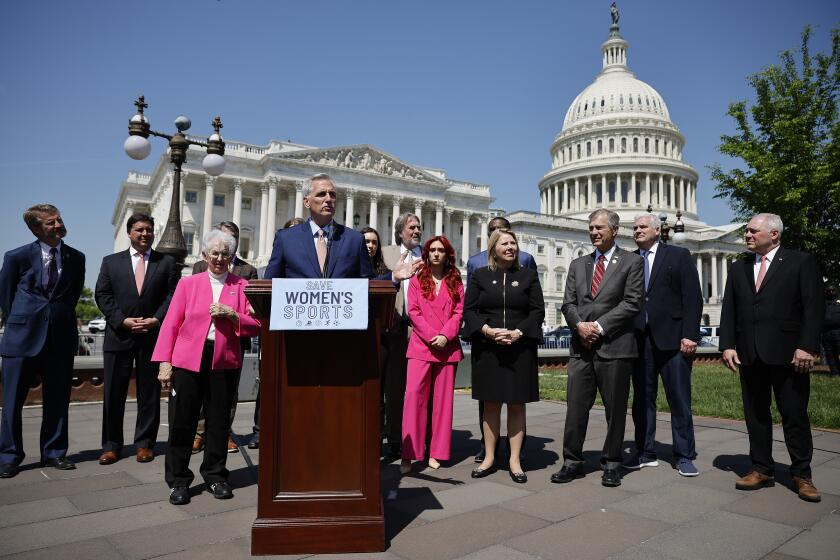Readers React: 21st Century immigration: Not your grandparents’ way of becoming American

To the editor: The story of early 20th century immigrant Benjamin Axelrod takes us back to a time when being in America was more synonymous with being an American. (“The boy who was desperate to be an American,” Op-Ed, July 5)
For immigrants during that time, a foot planted on American soil was the first step to becoming an American. There had to be profound belief in the new homeland and its emerging institutions. There was no going back, no way of maintaining any contact with those left behind, and no expectation of returning to the homeland.
This was a fact of life and became the road map that subsequent immigrant groups were expected to follow. Times have changed since then — really changed. The world has become more complex, and the potential for dual, or even multiple, national allegiances is one of the dilemmas posed by this complexity.
Perhaps it is time for us to revisit our definition of American.
Alfreda Iglehart, Los Angeles
..
To the editor: There may be millions upon millions of children in the world who yearn to be American. Sam Apple does not address what we should do with them.
George Kent, Corona del Mar
..
To the editor: We should take a hard look at how we want our actions to reflect on our nation. As an immigration lawyer, I know firsthand why people appear at our borders. Most Americans cannot imagine what some of these people have been through.
Sadly, this is a phenomenon we have seen before. We have opened our hearts and our borders to children during humanitarian crises many times: helping Jewish children during World War II, Cuban children in the early 1960s and children from Vietnam at the end of the Vietnam War.
The children in these dire straits, afraid for their lives, trying to reach safety, should not be detained at length or shipped back to danger and turmoil. We need to welcome them, offer them refuge during this terrifying time and do our best by them.
That way we’ll be respecting our history while building a brighter future for these children and ourselves.
Janis Peterson-Lord, Huntington Beach
..
To the editor: Almost all of us are immigrants or descendants of immigrants a few generations back. People will always relocate to areas of increased opportunity.
We now have a choice: We can control our borders and save our diminishing natural resources and a few remaining wild places for our children and grandchildren, or we can do nothing. In which case, people will keep coming until our country is overpopulated and exhausted.
Only then will people stop coming.
Thomas Blackburn, Redlands
More to Read
A cure for the common opinion
Get thought-provoking perspectives with our weekly newsletter.
You may occasionally receive promotional content from the Los Angeles Times.






